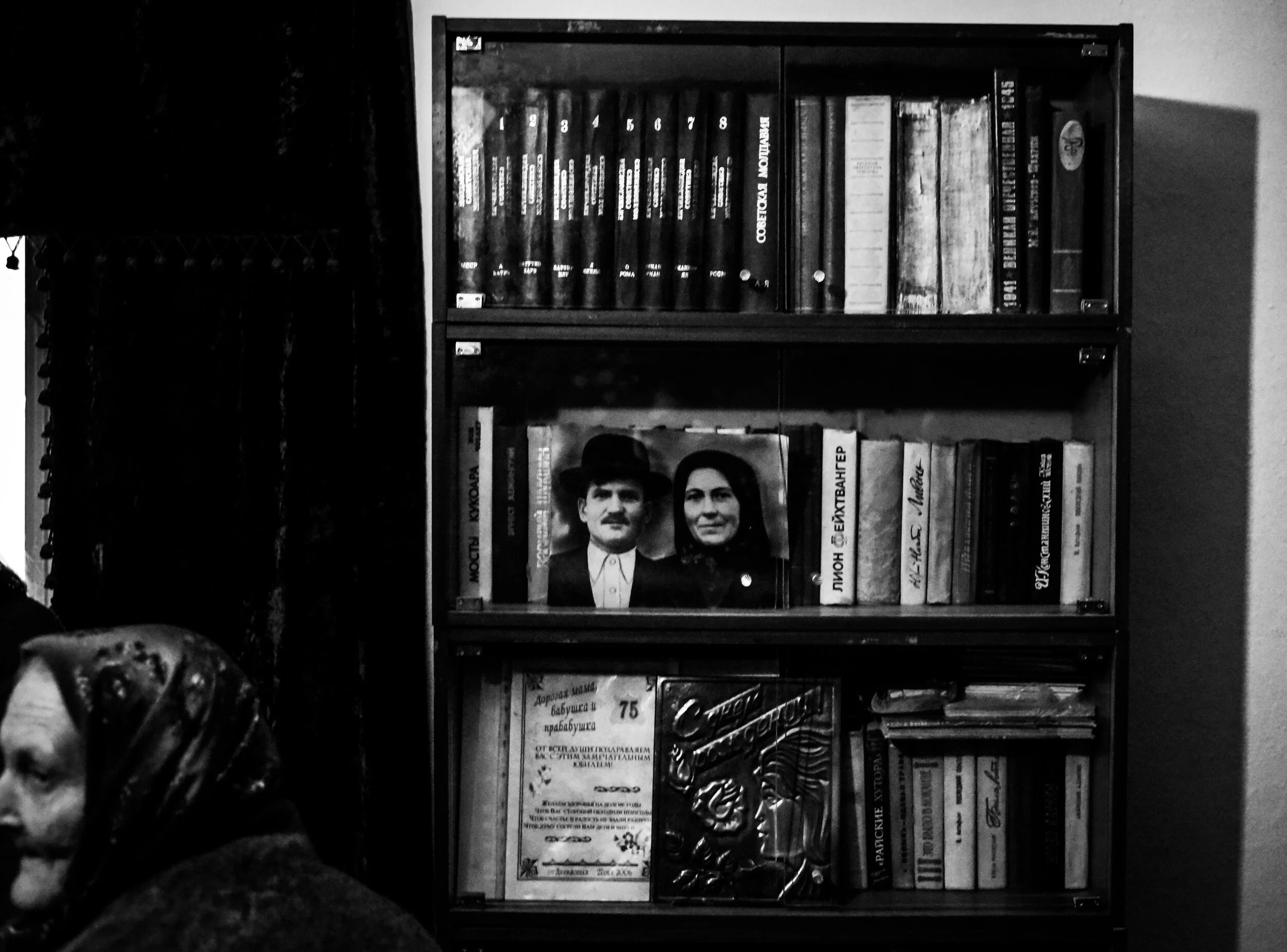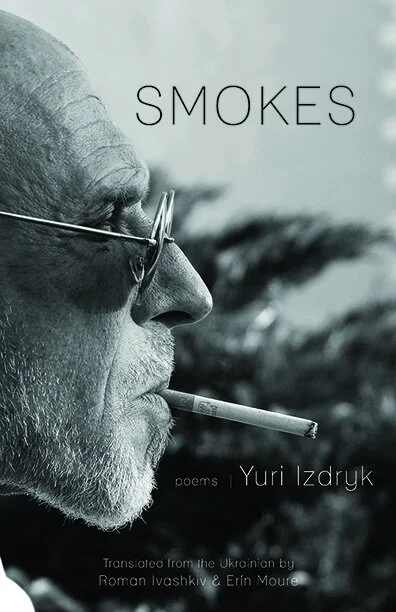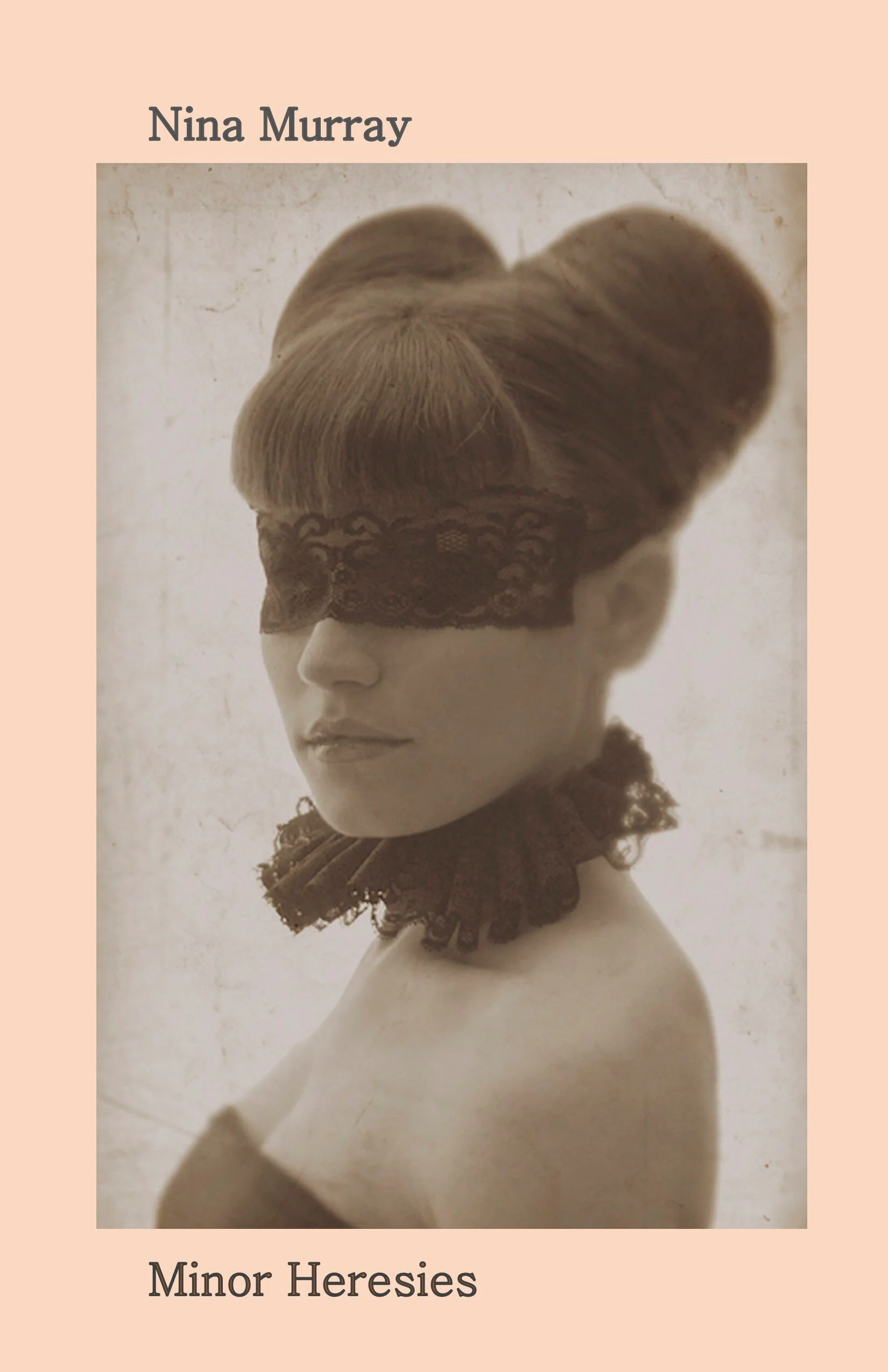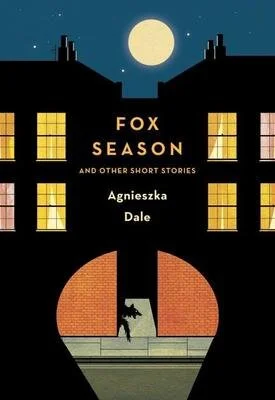In Search of Memory: A Review of Olesya Yaremchuk’s Our Others (2020, Ibidem)
Reviewed by Liliia Shutiak
Translated from the Ukrainian by Kate Tsurkan
Our Others contains the testimonies of people from minority groups devoted to preserving their traditions, creating a special universe of multicultural diversity. Big and small Ukrainian cities alike are proud of this diversity, but at the same time, it is constantly receding further and further into the past.
Read More
Ruptures and Windows: A Review of Tereza Riedlbauchová's Paris Notebook (2020, The Visible Spectrum)
Reviewed by Isaac Stackhouse Wheeler
For all the flesh this book rips apart, it does so as part of a subtler project of fragmentation. As the translator puts it in his thoughtful afterword, “Tereza Riedlbauchová’s intensely passionate poems explore the thresholds and ruptures of bodies and the borders between the physical world and the imagination.”
Read More
War is Closer Than You Think: A Review of Serhiy Zhadan's The Orphanage (2021, Yale University Press)
Reviewed by Khrystia Vengryniuk
Translated from the Ukrainian by Yulia Lyubka
Serhiy Zhadan’s The Orphanage does not teach and should not teach, and even more so, should not indicate what side to take in the war. The author, as sad as it may seem, described an ordinary Ukrainian who is marginal, detached, a stranger, the "other" in their own country.
Read More
Breaking Through Historical Oblivion: A Review of Sergei Lebedev's "The Goose Fritz" (2019, New Vessel Press)
Reviewed by Dmytro Kyyan
The fate of Goose Fritz in Russia following its publication is rather unusual. In an interview with radio 'Deutschlandfunk', Sergei Lebedev – who now lives in Germany – said that it was “as if [the novel] suddenly disappeared”.
Read More
War and Forgetting: On Sofia Andrukhovych's Amadoka (2020, The Old Lion Publishing House)
by Bohdana Neborak
At the Solovki prison camp, more than one thousand Ukrainian prisoners were executed between 27th October and 4th November 1937. How political persecution and mass murder on such a large scale was even possible remains a question.
Read More
45 Poems Drowned in Smoke: A review of Yuri Izdryk's "Smokes" (2019, Lost Horse Press)
Reviewed by Liliia Shutiak
Translated from the Ukrainian by Yulia Lyubka
Not many contemporary Ukrainian writers can boast of having dared to completely undress in front of an audience. The 58-year-old poet, novelist, book designer, musician, and actor Yuri Izdryk can.
Read More
Creating a Record of Violence and Love: A Review of Lida Yusupova's The Scar We Know (2021, Cicada Press)
Reviewed by Olena Jennings
Throughout the book, she advocates for gay, lesbian, and transgender people. The book itself creates a sense of community. Even the act of just stepping into the Center, which represents community, brings the voice in the poem happiness “but I was smiling at her I was beaming.”
Read More
Praise the Mutilated World: A Review of Brad Fox’s To Remain Nameless (2020, Rescue Press)
Reviewed by Clare Needham
“No one loves you anymore,” a Serbian friend tells Tess shortly after the U.S. invades Iraq. “You” refers to all Americans, though Tess doesn’t need to be told. Neither she nor Laura harbor many illusions about their line of work or the lives they lead.
Read More
Between Belonging and Alienation: A Review of Nina Murray’s Minor Heresies (2020, Heartland Review Press)
Reviewed by Sandra Joy Russell
The title itself, Minor Heresies, speaks to Murray’s disruptive, iconoclastic poetics, within which she attentively punctures deeply held beliefs while also exploring her own lived experiences as a foreigner in the U.S.
Read More
Required Reading for the Post-Brexit Era: A Review of Agnieszka Dale's Fox Season and Other Short Stories (2017, Jantar Publishing)
Reviewed by Kate Tsurkan
Like the author, many of the main characters in these twenty-one thought-provoking, often humorous stories are Polish women living in the United Kingdom. They are working mothers, grieving widows, emotionally unfulfilled wives.
Read More










